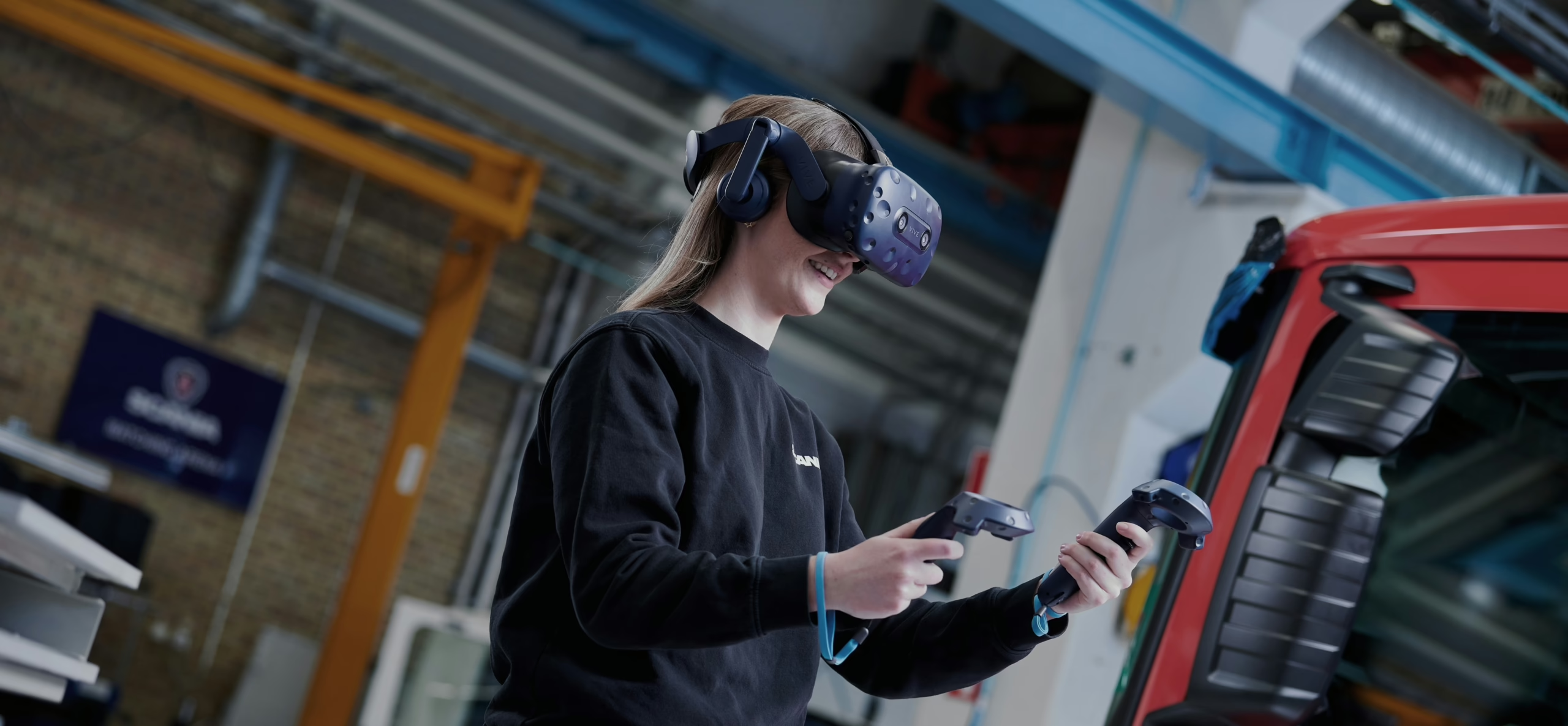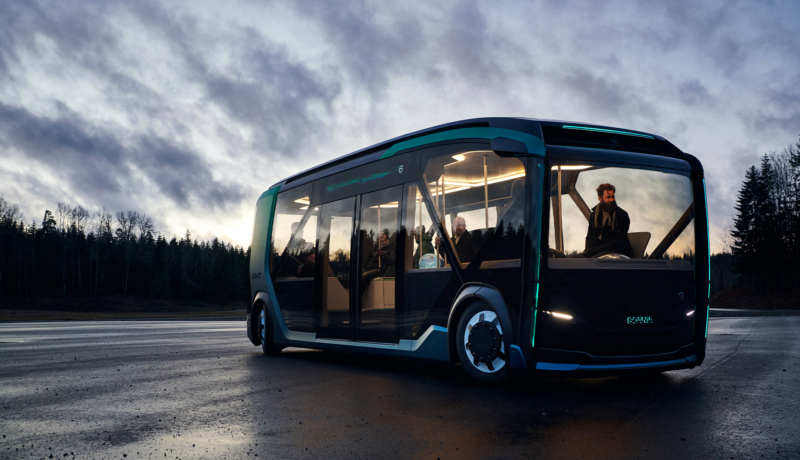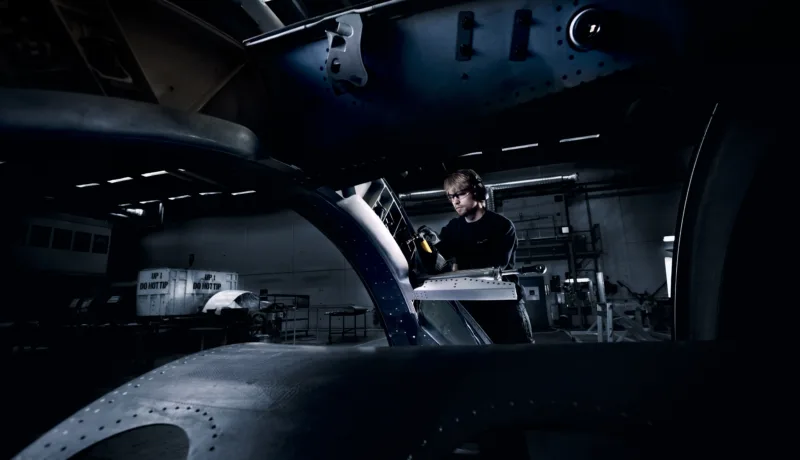As electric vehicle (EV) technology rapidly evolves, so does the need for efficient training solutions for service technicians. Combining their expertise, Scania and Digitalnauts co-created a novel approach that makes EV battery training more accessible, safe, and scalable.
Exploring the Future of Battery Training
Scania, a world-leading provider of sustainable transport solutions, offers a growing range of electric trucks and buses powered by different high-voltage battery types with high safety standards, all requiring specific training. Traditionally, battery repair training at Scania was conducted using physical dummy batteries at Södertälje in Sweden, following the Train-the-Trainer model. However, as Scania expanded its range of battery types, this approach was no longer sustainable, requiring increasing travel costs and resources from the head office.
To address these challenges, Scania partnered with Digitalnauts to explore the potential of a virtual training platform to reduce reliance on physical hardware, optimize costs and resources, and improve knowledge transfer. The project set out to determine whether service technicians, already certified on previous Scania EV battery generations, could be trained to perform safe battery repairs using only Virtual Reality (VR) simulation.
Virtual Reality Exceeds Expectations
The first phase of the project received highly positive feedback from the 25 participating trainers. Providing a “wow” factor, the immersive simulations created an effective and engaging learning environment. For Scania, the transition to VR training has already demonstrated clear benefits:
- Resource savings: Reduced need for physical dummy batteries and travel for training.
- Increased safety: Enabling low-cost, right-in-time rehearsals before actual battery repairs.
- Scalability: Training that is repeatable, scalable, and easily adapted to new battery types.
Navigating a New Territory Together
The partnership between Scania and Digitalnauts was facilitated by Combient Foundry, which played a crucial role in bringing the two companies together. Combient Foundry paved the way for collaboration through the co-creation of a joint value proposition and project plan, while also kick-starting the project. While entering new territory brought challenges along the way, the journey has proven fruitful for both Scania and Digitalnauts.
We were impressed by the Combient Foundry approach, focusing on solving the need over unnecessary process steps or bureaucracy. The collaboration with Scania has been highly productive, and despite some cultural differences, the openness and support from Scania have been a pleasant surprise and made the journey even more rewarding.
Mark Baxter, Managing Director, Digitalnauts
Expansion in Progress
The partnership between Scania and Digitalnauts has already demonstrated success, accompanied by a strong business case and projected savings of 32 million SEK in training costs for the latest battery generation between 2025 and 2027. With rollout to end-users now underway, plans include introducing a more optimized battery training and expanding the approach to a larger audience in multiple languages.
The next phase will also integrate Mixed Reality, bridging the gap between digital training and hands-on experience. By leveraging advanced simulation technologies, Scania aims to set a new industry standard for safe high-voltage battery repair training.
Virtual Reality has exceeded our expectations, and Digitalnauts has been a fantastic partner in exploring this space together. Partnering with a company that shares our vision and readiness for transformation makes all the difference.
Patrik Hakanen – Learning Consultant, Scania
The collaboration between Scania and Digitalnauts highlights the transformative potential of cross-industry partnerships in solving complex challenges. As Scania continues to expand its new training model globally, this project demonstrates how an agile approach to partnering and co-creating with startups through Combient Foundry can reshape industries and set new benchmarks.





